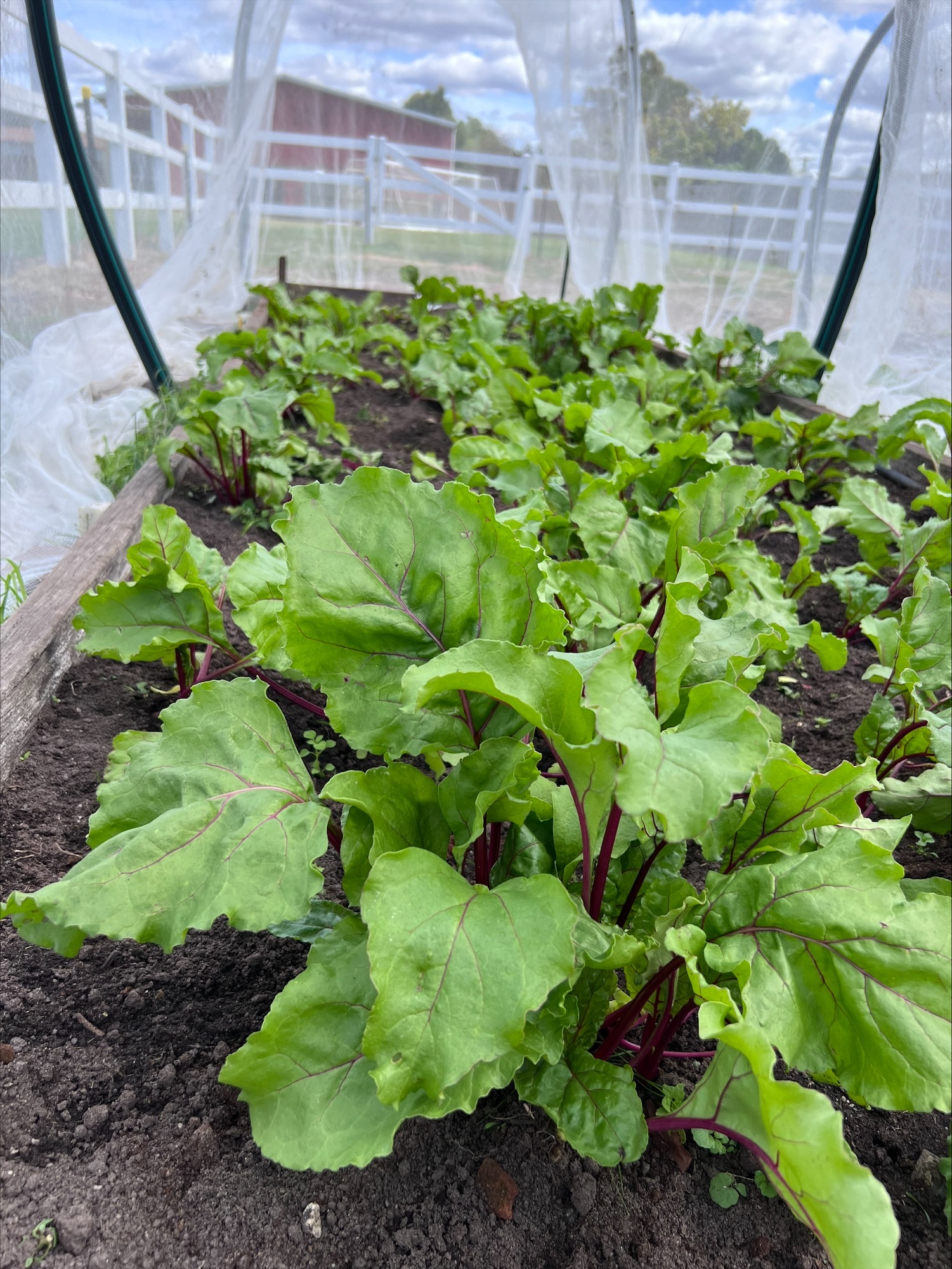The Federal Government is currently considering major decisions on a renewable superpower strategy. Our organisations agree that the global transition to net zero emissions can provide substantial and broadly shared economic and jobs opportunities for Australia, while preventing the worst impacts of climate change.
A net zero world needs:
- clean manufacturing of essential energy-intensive products like aluminium, alumina, ammonia, cement, fertiliser, iron and steel; powered by
- renewable energy that is scalable, firm and competitively priced; built out with
- componentry, infrastructure and appliances that are available, affordable and clean; made from
- minerals and materials that are responsibly extracted, processed and recovered; all made possible by
- the education, engineering, training, and skills to fill clean economy jobs.
Australia has opportunities in each area and could be a major player, meeting global needs while delivering benefits across our nation. Our natural advantages are strong, but we will need more than advantage to succeed.
There is no pathway to successful transition, let alone renewable superpower status, without immense and efficient construction. While higher energy performance and smart distributed energy resources are vital, we will still have to accelerate and expand our deployment of essential major clean energy infrastructure like transmission, grid-scale storage and renewable energy generation – faster, cheaper, and with higher productivity than ever before.
Delivering that requires a historic step-change in supportive policy and investment, ensuring access to adequate and competitive public and private capital; skills; smarter and better ways of doing things across our industries; and strong supply chains. It also takes strong social licence, earned and maintained through:
- strategic planning for the most efficient mix of energy assets to meet our needs, and fair allocation of their costs;
- timely assessment processes that are credible in protecting nature;
- good quality jobs with fair labour standards; and
- early and appropriate engagement and equitable treatment for those directly impacted by new or closing energy assets, including First Nations.
Other economies, from giants like the USA and Europe to peers like Canada, have enacted substantial financial incentives and a variety of other supportive policies to drive their transitions, and these are unlocking even larger private investment. Global capital, skills and supply chains are following the money.
Without globally competitive, proportional and smartly targeted incentives of our own, designed to suit our economic strengths and values, Australia will be left behind. That would see us face lower demand and higher costs for our existing emissions intensive exports without new exports to replace them, and put our domestic transition at the back of the global queue for capital, skills and equipment just as replacement of ageing infrastructure becomes critically urgent.
We recognise the significant existing clean economy initiatives across Australia, including the reformed Safeguard Mechanism. Much higher investment, sector-by-sector decarbonisation plans, faster implementation and greater coordination of delivery will be required to realise our superpower potential. And a fair and prosperous economy-wide domestic transition remains central, requiring attention to households, transport, agriculture and much more.
Superpower success will take many years of planning, investment and hard work. This will require cooperation from across the Federation, business, unions, and the community. There is a window of opportunity to unlock maximum global capital and foster the skills and supply chains we will need.
The Australian Government should act now with a comprehensive set of policy tools, including but not limited to financial and/or tax incentives, that are equal to the immense opportunities and risks confronting us.
Endorsed by:
The Australian Industry Group (Ai Group)
Australian Conservation Foundation
Australian Council of Trade Unions
Investor Group on Climate Change
WWF-Australia








